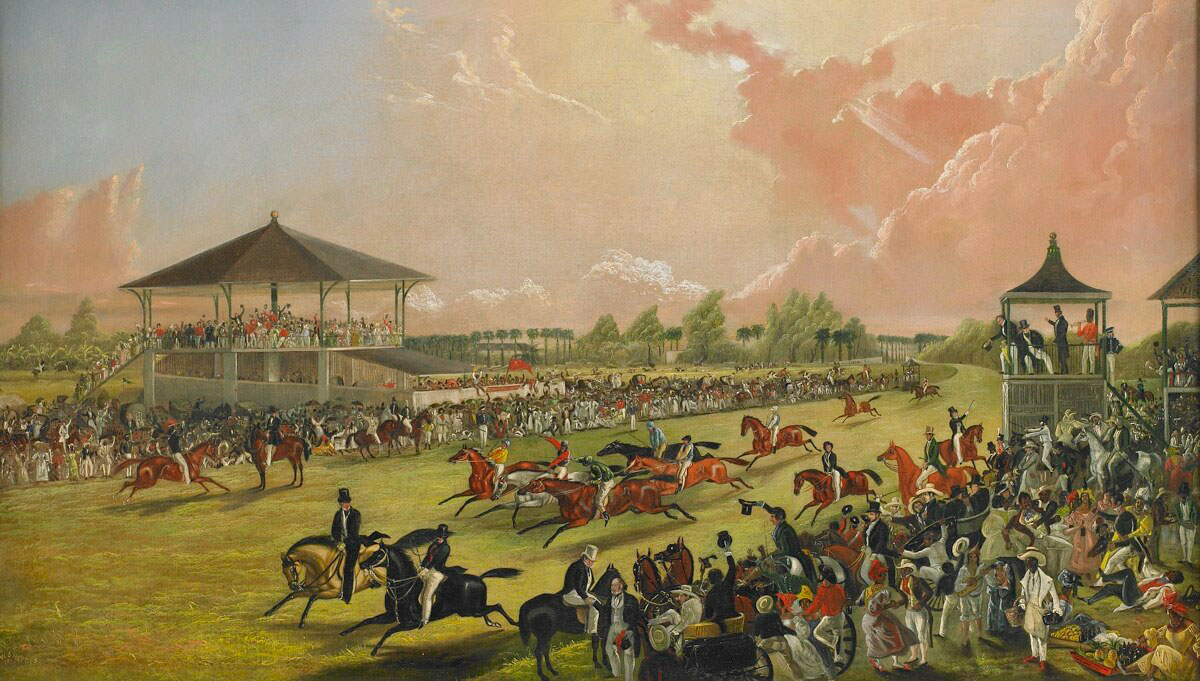Europe is the home of some of the most famous football teams, and the UK and Germany have a long history with horse races and other sports, so it doesn’t come as a surprise that sports betting is one of the most popular form of gambling and entertainment in Europe. This is partly due to the fact that almost every country in Europe has regulations and laws for both online and offline betting, thus providing a safe environment for sports betters. In fact, member countries of the EU amount for almost 45% of the world’s total wagering amount. In addition, the world’s online betting industry is worth $33 billion, and European gamblers have wagered almost $15 billion of the total amount, and as such, the European market is the biggest regulated market in the whole world.
Below, we have taken a look at sports betting in several European countries, as well as in the UK, where sports betting is one of the most common form of entertainment and gambling.
1. United Kingdom
Sports betting in the UK has a very long history, and for the longest part of it, sports betting had been rigidly controlled and only quite recently have these regulations been relaxed.
The UK is the home of some of the biggest online bookmakers today. It is said that a bookmaker store can be found on almost every street corner in the UK, while online bookmakers from the UK are in the lead, providing customers with many innovative ideas and ways to bet, including providing odds on every game, horse race, and form of entertainment that a customer would wish to bet on. In addition, they offer plenty of sign up and deposit bonuses, and as such, have become the world’s most attractive online betting bookmakers.
Due to the rigid regulations and strict gaming licenses, the UK’s bookmakers are some of the most trusted bookmakers in the world. Added to the fact that a UK gambler will not pay tax to any winnings on sports bets made online, UK customers and betters have a very positive environment to bet in, contributing further to the popularity of sports betting as a form of entertainment. Today, the sports betting market in the UK is estimated at £650 million, and a total number of customers at 2.1 million.
2. France
Just as in the UK, sports betting enthusiasts do not have to pay taxes when betting and winning on sports, horse races, and even online poker. The total amount of sports betting wagers in France was €585 million in the second quarter of this year, a total of 73% up compared to the same quarter in 2015. The French love to bet on sports, with football bets leading with 57%, tennis following far behind with 26%, and basketball with 8%. It is notable that despite the large percentage, football betting did not hit a record, with the World Cup in 2014 remaining as the peak of football betting interest with an astounding 63%.
Other betting sports that are popular in France include handball, rugby, and tennis. However, the French can bet on any sport they wish, and the ARJEL has issued online betting licenses to many online bookmakers in France, making sure that they are legal and operate with 100% fairness to customers. French online bookmakers also add to the increasing popularity of sports betting by providing hefty bonuses for losers – if you lose your first best, it will be replaced 100%, up to 100€. This makes France one of the best countries for online sports betting.
3. Italy
Italy deserves to be included here, of course, considering it has a long-standing love affair with all forms of gambling since 300 BC, when Roman legions played dice and a strange board game called “Duodecim Scriptorum,” the predecessor of Backgammon. In addition, in 1638, the Venetian state-sanctioned the world’s first legal casino called “The Ridotto.”
Italy’s love affair with gambling does not exclude sports betting. In Italy, people are allowed to gamble and bet on every sport, except dog racing – made illegal back in 2002. The ban on placing bets on dog racing did not have an impact on sports betting popularity in Italy, though. It is estimated that sports betting, together with placing bets on horse races, account for 14% of the Italian gambling market, which is in turn estimated to be worth about €39 billion annually.
Italy has also taken action to relax the regulations around gambling and sports betting, and the regulatory authority ( Amministrazione Autonoma Monopoli di Stato) has initiated a process to issue new betting licenses to help the growth of the betting market.
4. Germany
Unlike in the UK and Italy, where regulations and licensing procedures have been relaxed in recent years, Germany put a cap of 20 state licenses for bookmakers back in 2013. This has not affected betting’s popularity, however, and in 2016, according to the analytics firm GoldMedia, the sports betting market is estimated at €5.12 billion. Due to the licensing issues, most of the worth amounts to bookmakers operating in the gray area, who have received their licenses in 2012, before the cap was placed, while the state licensed bookmakers only account for 0.2 billion.
The numbers only show that the popularity of sports betting in Germany is on the rise. The Euro 2016 football tournament is considered to be the bringer of about half of the betting worth of 2016.
The two most popular betting sports in the country are considered to be football and horse racing. With Bayern Munich as the nation’s and the world’s leading football team, and the German Derby at Hamburg, which attracts the best equine fields, betting in Germany has always been popular, and it will remain so in the future.
